- Home
Page 2
Page 2
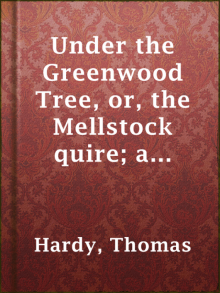 Under the Greenwood Tree; Or, The Mellstock Quire
Under the Greenwood Tree; Or, The Mellstock Quire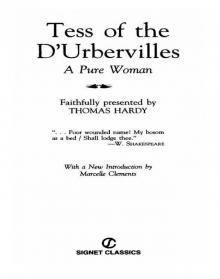 Tess of the D'Urbervilles
Tess of the D'Urbervilles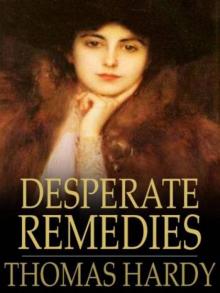 Desperate Remedies
Desperate Remedies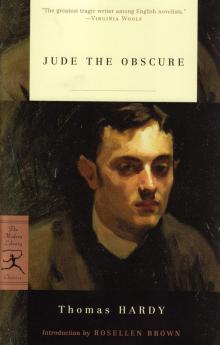 Jude the Obscure
Jude the Obscure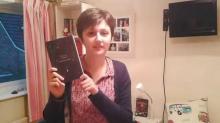 Two on a Tower
Two on a Tower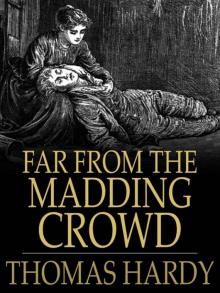 Far from the Madding Crowd
Far from the Madding Crowd The Return of the Native
The Return of the Native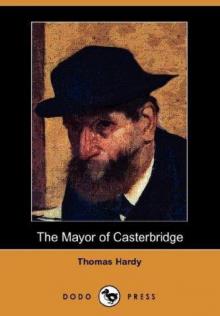 The Mayor of Casterbridge
The Mayor of Casterbridge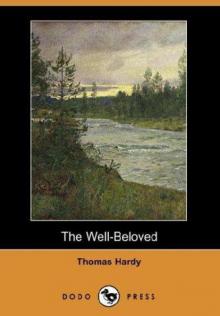 The Well-Beloved
The Well-Beloved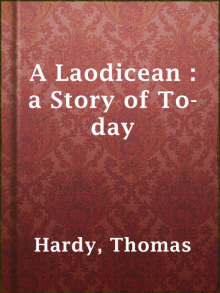 A Laodicean : A Story of To-day
A Laodicean : A Story of To-day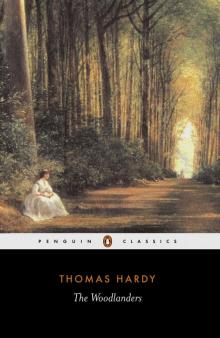 The Woodlanders
The Woodlanders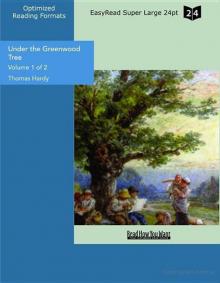 Under the Greenwood Tree
Under the Greenwood Tree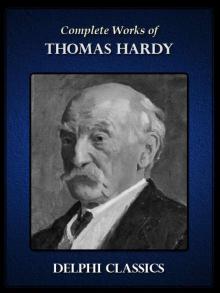 Complete Works of Thomas Hardy (Illustrated)
Complete Works of Thomas Hardy (Illustrated)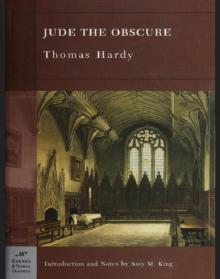 Jude the Obscure (Barnes & Noble Classics Series)
Jude the Obscure (Barnes & Noble Classics Series)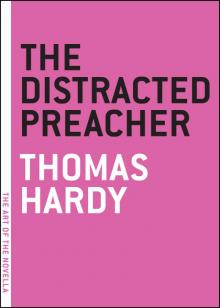 The Distracted Preacher
The Distracted Preacher